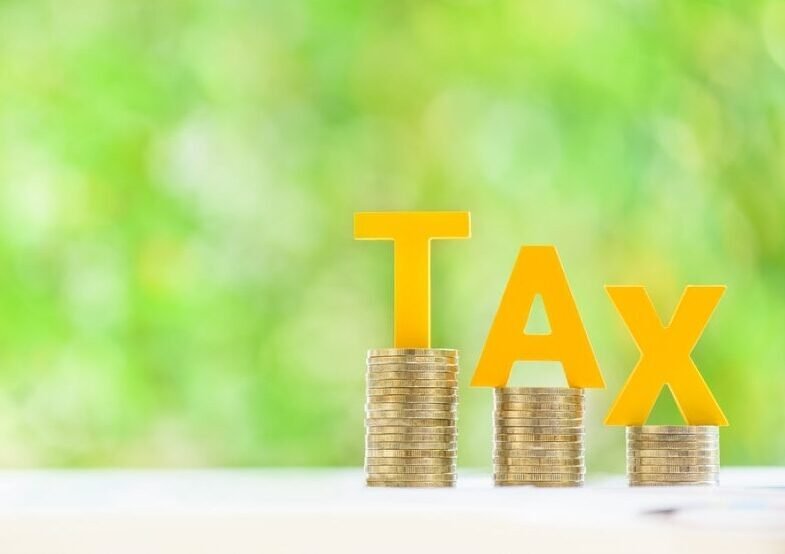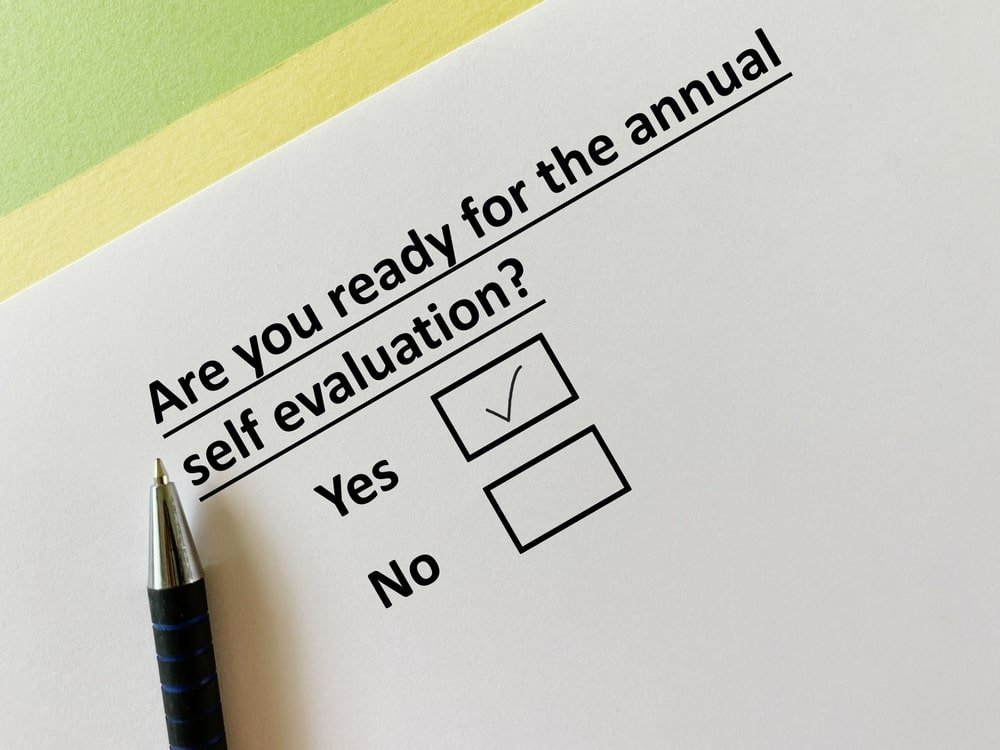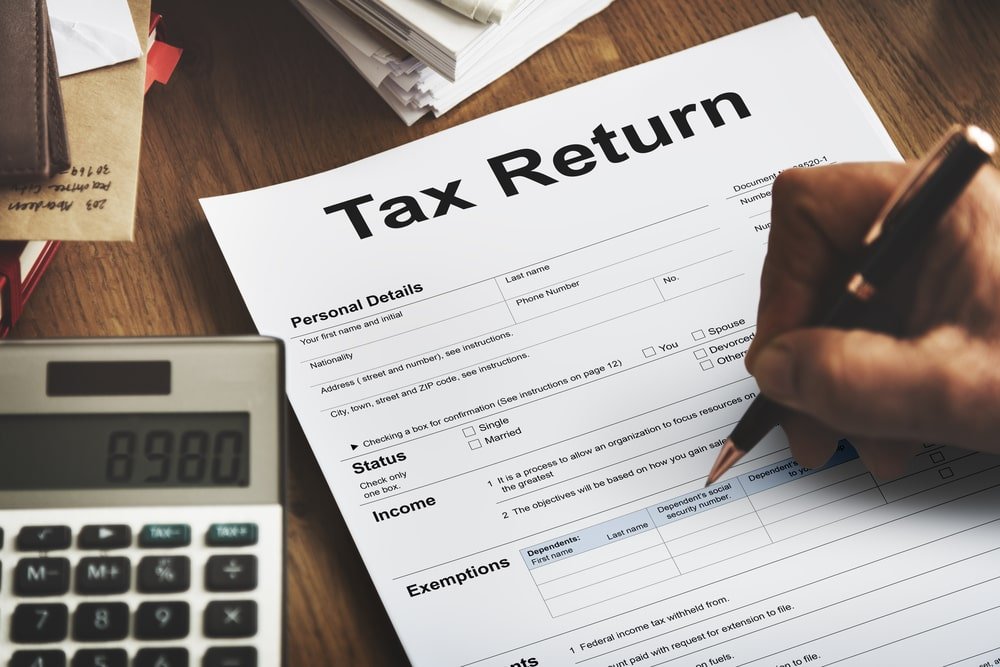Self Assessment Return
Home / Self Assessment Return

Introduction
Fundamental process by which people report their gains and taxable income to HMRC interest rates is through self-assessment. This proactive strategy entails filing a specific Self Assessment tax return, giving taxpayers a customized way to handle their financial obligations.
Self Assessment is a proactive and customized approach that satisfies legal requirements while also motivating people to take an active role in handling their tax obligations. A clear and effective system for reporting and settling tax obligations is ensured by this cooperative approach between tax authorities and taxpayers.
Advantages of Self Assesment
Accountability and Transparency
Opting for self-assessment offers financial accountability and also supports transparency. In simple words, it enhances the overall integrity of the tax system.
User-Friendly Approach
It is a straightforward method that is well-known for assisting in managing tax obligations and providing flexibility.
Key components of Self Assesment
Interactive process
It is more than just a mere declaration; this procedure requires active participation in determining tax liabilities, promoting a deeper understanding of financial responsibilities..
Compute and Pay
Individuals should also be careful about computing and paying any taxes. It is crucial as it ensures the timely fulfillment of financial obligations.
Financial Disclosure
It also includes comprehensive reporting of income and gains for the tax year, ensuring HMRC receives correct financial information.
When to File a Self-Assessment Tax Return?
When you receive a notice to file issued by HMRC
Individuals dealing with untaxed Income situations are required to file.
Individuals earning from property rentals may need to be careful about tax returns.
Those claiming tax relief on employment expenses and incurring a high-income child benefit charge.

How to Register for Self Assessment?
Timeliness:
Registration with HMRC should occur in the tax year to avoid any penalties in the future.
Online Registration:
For assistance with online registration, Alpha Tax Advisors in the UK can provide guidance and support.
What We Offer
Our self-assessment services are specially tailored to meet all your expectations and offer you peace of mind.
Full Preparation & Submission
You do not need to stress about collection or submission as we handle everything, including collecting relevant documents to submitting your return directly to HMRC.
Income Tax Calculations
We ensure to meet all your needs and are considerate about them while calculating your exact tax liability and exploring legal tax-saving opportunities
Support for HMRC Enquiries
Our team ensures you to provide professional representation support and guide throughout the whole process.
Deadline Management
Dealing with penalties can be stressful, We ensure that you do not have to deal with penalties with our proactive reminder and submission service. Our team is also careful about your tax return being filed correctly and on time.
HMRC Compliance
We make sure all required income, gains, and allowable expenses are reported correctly, reducing the risk of HMRC enquiries or audits.
Useful tips for Self-Evaluation:
Organized Record-Keeping:
The Self-Assessment process is streamlined by keeping careful records of income, expenses, and pertinent documents throughout the fiscal year.
Frequent Monitoring:
Accurate and current submission is ensured by routinely keeping track of tax obligations and remaining informed about changes in personal circumstances.

Things to Know Before You Start:
Make sure you have the following paperwork and forms on hand before starting to work on your company tax return:
P11d :
Compile information from your p11d form detailing any benefits or expenses. Make sure you have your P45 if you changed jobs during the course of the year.
Business records:
If you work for yourself, be sure to prepare your profit and loss statement and thorough business documentation.
Certificates of Contributions:
Keep in mind your certificates of personal pension contributions. They are essential for precise tax computations. Unless specifically requested, do not include receipts, accounts, or additional documentation with your tax return.Incorporating extraneous documentation will prolong the processing duration and postpone any possible tax reimbursement.
P60 Certificate:
Make sure you have your P60, a crucial record that summarizes your income and deductions at the conclusion of the tax year.
Financial Statements:
To obtain precise financial information, gather bank statements, building society passbooks, dividend counterfoils, or investment brokers' schedules.
Paye notice of coding:
Keep any pertinent documentation if you've quit your job, such as P2 PAYE coding notices, or details of the employee leaving the company. You will also need the P2 PAYE Coding Notice to finish your tax return.

Penalities in tax return
Individuals may be subject to four different kinds of penalties under the Self Assessment regime. It’s important to understand these fines because there are several ways in which they can be challenged. Possessing a legitimate justification, handling exceptional circumstances, or proving that reasonable efforts were made to guarantee accurate tax reporting are all grounds for an appeal. It is important to remember that overdue taxes are subject to interest.
People can handle the Self Assessment process more confidently and ensure compliance with tax regulations while taking care of any extraordinary circumstances that may arise if they are aware of these penalties and the appeals process.
Penalty of Late Filing:
The penalty starts at £100 and can go up to £1,600 a year or more depending on how long the tax return filing delay lasts.
Penalty for Late Payment:
Based on the amount of unpaid tax at the deadline, this calculation is made. Based on the amount of unpaid tax at the deadline, this calculation is made. When taxes are not paid by the deadline, a penalty is assessed.
Neglect to Report Penalty:
Usually computed based on the total amount of taxes not paid as a result of the notification breach. The penalty is calculated on January 31st of the year after the tax year.
Error Penalty:
Determined as a proportion of the tax that remains unpaid as a result of inaccurate reporting. When it is discovered that the information reported was false, this penalty is applied.
Penalties can be appealed:
Within 30 days of receiving the penalty notice, an appeal may be filed for any of the aforementioned penalties. Providing a valid justification, outlining unique circumstances, or proving that reasonable care was taken to guarantee accurate tax reporting are all grounds for appeal. Another factor to take into account is interest on overdue taxes, which highlights how crucial it is to pay taxes on time to avoid penalties.

Who Needs to File a Tax Return :
Certain conditions must be met during the previous tax year in order for you to be required to file a tax return. To guarantee adherence to tax regulations, it is imperative to comprehend the requirements.Submission of Tax Returns Is Required for followings.
Self-employed People:
You must file a tax return if you were a "sole trader" and made more than £1,000 (before deducting any tax relief claims).
Partners in a business alliance:
Tax returns must be filed by anyone who participated in a business partnership during the tax year.
Income surpasses £100,000
You must file a tax return if your total taxable income in the previous tax year exceeded £100,000 in total.
Child Benefit for Income:
Tax returns for those liable for the High Income Child Benefit Charge must be filed.
Switching to Digital Records:
Records can be stored digitally or on paper. But be advised that HMRC intends to implement a digital record-keeping system for property income and trading. It is advisable to get ready for this transition in order to be ready for any future changes.
You can expedite the tax return process and ensure accuracy and compliance with HMRC requirements by following these guidelines and keeping well-organized records.
Self employment
Information about your self-employment earnings and outlays to determine your annual trading profit or loss.
Rental Income
Information about the revenue and expenses from your property to determine your annual rental profit or loss.
Work and Retirement Benefits
Employment and pensions income information, including forms P60, P11D, and P45 from any jobs you've held.
Interest Earnings
certificates of interest issued by building societies or banks.
Contributions to a pension
Specifics of pension contributions made to schemes that provide relief at source.
Capital Gains
Information about any capital gains that are chargeable in the specifics of any capital gains that were subject to charges during the year.
Why Choose Alpha Tax Advisors?
Experienced Accountants
We have 15 years of tax experience and a dedicated team that will guide you throughout this process.
Personalised Service
Tailored support for self-employed individuals, landlords, contractors, and more
Transparent Pricing
We offer affordable tax support with no hidden charges
Peace of Mind
We ensure compliance and accuracy so you can focus on what matters

